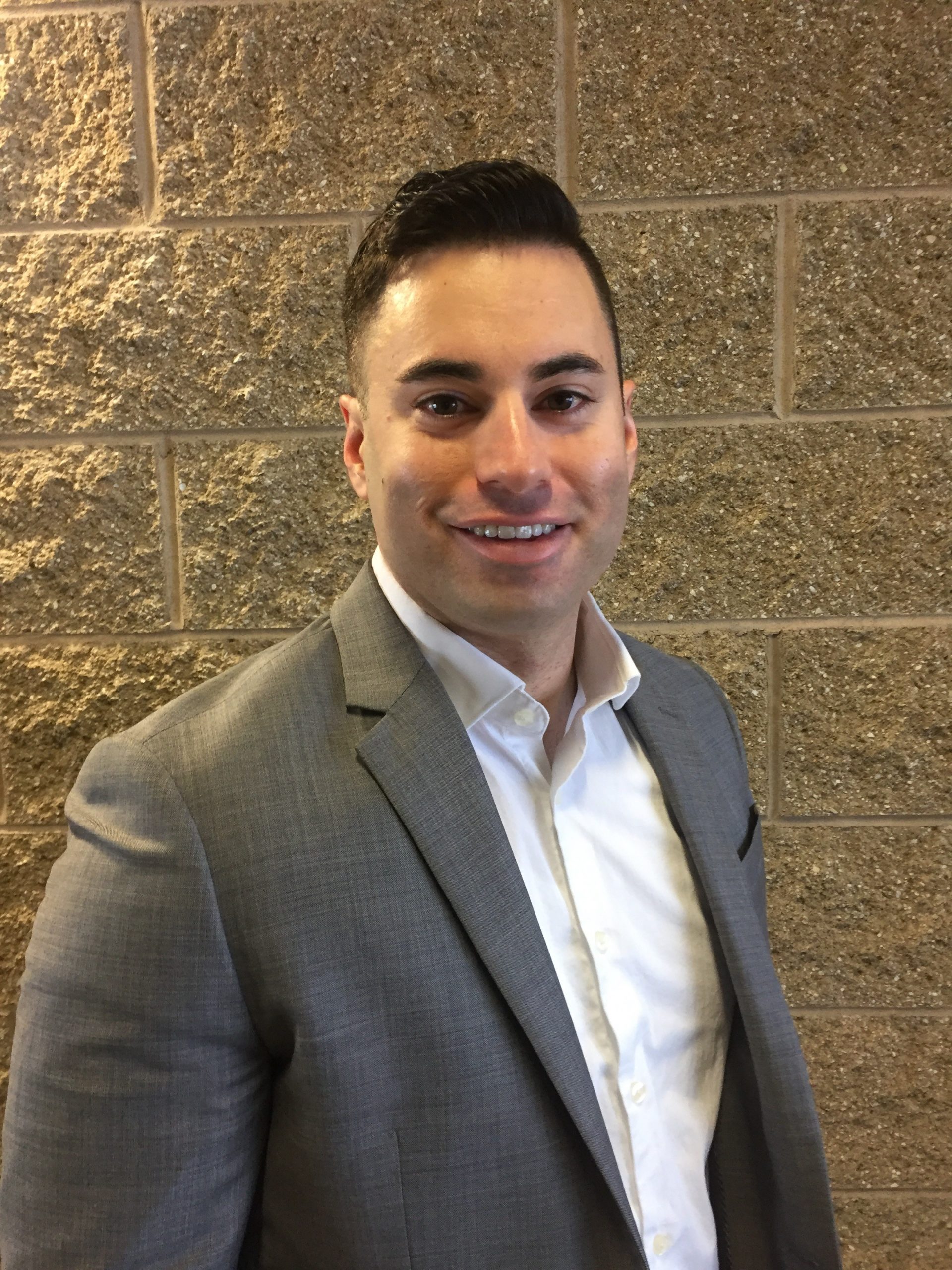If you are running an addiction treatment center, marketing might not be your priority, but it is absolutely essential. You want to make sure your life-saving care actually reaches the people who need it most. In this digital age, marketing is often done online because most people looking for products and services turn to the internet first.
But marketing an addiction treatment center isn’t like selling any product. You are targeting those who are struggling with substance use as well as their loved ones. These people are in crisis, so your marketing efforts need to be ethical as well as informative.
An effective marketing strategy will ensure that your rehab center shows up when these people are doing their research for treatment options online. Proper marketing not only increases visibility but also builds trust, explaining what makes your program unique and how it can potentially help clients.
Since marketing influences how your treatment center is perceived, it is important to know how to do it right. This is what we’re going to cover here today. Let’s take a closer look at some of the most effective strategies for marketing treatment services in this especially sensitive field.
How to Market Your Addiction Treatment Center
Marketing an addiction treatment center is not just about filling beds—it’s about reaching people in crisis and actually making a meaningful impact in your community. This industry is highly regulated, so your strategies need to be thoughtful and ethical—not just effective.
Unlike marketing a pair of shoes or a gym membership, addiction treatment reaches people who are often desperate, scared, and vulnerable. The stakes are much higher since lives are literally on the line. Your campaigns should incorporate compassion and make use of your deep understanding of their condition.
It’s not about pushing urgency or fear mongering; it’s about conveying credibility and offering hope in a responsible and ethical way. Here are some of the most important strategies that will help you achieve that:
Branding: Building Trust from the First Glance
While addiction treatment marketing is unique in a lot of ways, branding remains an essential aspect of it. In this space, branding isn’t just about logos or color schemes—it’s about creating an immediate yet lasting emotional impact.
When someone is looking for treatment options online, they are usually searching for a rehab facility that looks professional, credible, and compassionate. Effective branding should be able to convey all of these things in a matter of seconds.
A clean, calming visual identity paired with a meaningful tagline can set the tone. You can then use testimonials, images, and content to further cement that identity. This approach helps reassure potential clients that you’re the right place for healing.
Remember that it’s not just about aesthetics. Branding should reflect your center’s mission, values, and approach to care. Are you faith-based? Wilderness-focused? Do you specialize in young adults or professionals? Clarify that in your branding to attract the right audience.
Consistency in tone and visuals across all platforms (including your website, brochures, social media, and advertising) helps families and patients get a feel for what to expect. This is essential in an industry where transparency matters a lot.
Website Optimization: Your Digital Front Door
First impressions matter too, and oftentimes your website will serve as the “front door” for your brand. Therefore, your website needs to be fast, mobile-friendly, easy to navigate, and visually soothing.
People in crisis won’t scroll through clutter or tolerate long load times. Clear CTAs (calls to action), like “Call Now” or “Verify Insurance,” should be visible immediately. Accessibility features like text-to-speech and contrast adjustment also expand your reach and show that you care about all users.
Your website can also feature your accreditations, staff bios, success stories, and images of your facility. These trust-building elements should be front and center (or at least easy to find) when visitors check out your site.
An optimized website doesn’t just look good—it converts. Use analytics tools like Google Tag Manager and Hotjar to track how users behave, then adjust based on where you’re losing them.
SEO: Showing Up When It Matters Most
When it comes to digital marketing, SEO is king. As we mentioned above, most people turn to the internet for solutions—and they use search engines to do it.
Search engine optimization is one of the most sustainable ways to connect with people actively searching for help. Most of your potential clients will turn to Google with urgent questions like “rehab near me” or “how to help a son with addiction”. You want to be at the top of those search results when it matters most.
Start with keyword research targeting both informational and transactional queries. Use SEO-optimized landing pages, blogs, and FAQs to meet those needs directly.
Local SEO is especially crucial in addiction treatment. Make sure your Google Business Profile is claimed, accurate, and frequently updated. Reviews, local citations, and city-specific landing pages (e.g., “Men’s Alcohol Rehab San Diego”) improve your chances of being found in organic search.
Keep in mind that SEO is more of a long-term strategy that takes a while to generate results organically. In the meantime, avoid black-hat SEO tactics and thin content: Google prioritizes helpful, relevant, and trustworthy content in health-related niches.
Paid Advertising: Fast Visibility with Caution
Google Ads and other paid options work well with your SEO efforts since these ads tend to generate results instantly. If you’re trying to scale quickly or just want to create instant visibility, this is a great way to promote your brand.
However, caution is important. Ads in the addiction space are highly regulated. You’ll need LegitScript certification to run Google Ads, and your ad copy must be sensitive, respectful, and non-coercive. Focus on empathy, outcomes, and next steps—not fear or desperation.
Done right, PPC campaigns can target people in immediate need and deliver measurable ROI. You can also use retargeting to stay top-of-mind for people who visited your site but didn’t convert. To maximize your effectiveness, make sure you monitor your cost-per-conversion. Paid ads can burn through budgets fast, so tracking and optimization are necessary.
Content Marketing: Educate, Don’t Just Sell
One of the best ways to convince your audience of your credibility is to give them value before they even set foot in your rehab center. Content helps your facility in more ways than one.
For starters, content marketing educates your audience about the dangers of addiction and how the treatment process works. This establishes your credibility and allows your audience to see you as a trustworthy resource. If they trust you, they are more likely to go to you for help.
Additionally, education is a powerful way to combat stigma—something that gets in the way of treatment for a lot of individuals. By challenging their existing notions about addiction and rehab, you can convince more people to take the leap of faith and get started on their recovery journey. Blogs, videos, podcasts, and downloadable guides help people understand addiction, treatment options, and what recovery looks like.
Lastly, content marketing works great with SEO because it allows you to incorporate keywords organically. A well-written blog post can rank in Google for years and bring in hundreds of leads.
Content marketing is your chance to educate and connect with your audience even without marketing your services directly. Remember: content is about nurturing—not pushing.
Social Media: Connection, Not Just Promotion
Aside from your website, people are most likely to find out about your addiction treatment center via social media. Use this to your advantage by building your own community online. Find out which platforms are most commonly used by your target audience and focus on those.
Platforms like Facebook, Instagram, and TikTok can reach a wide demographic, but each requires its own tailored approach.
Instead of focusing solely on promotions or filling your feed with ads, share stories of hope, offer tips for family members, highlight your staff members, and answer common questions about recovery. Social media is the best place to post your content because your audience may share it to their own feed, allowing you to reach an even bigger group of people.
Engagement builds familiarity, and familiarity builds trust. The goal is to create a space where people feel heard and supported, not sold to.
When building your community, focus on providing value through content, responding to comments, and maintaining a consistent, compassionate voice. These strategies will help position your center as a trusted guide in the rehab journey.
Email and SMS Marketing: Stay in Touch, Ethically
While some may think email and SMS marketing are no longer relevant, they remain powerful tools for staying in contact with clients, family members, and alumni—but only if used correctly.
These platforms allow rehab centers to share helpful content, event updates, inspirational stories, and reminders in a way that is both direct and personal. For example, a well-crafted email campaign can gently educate families about treatment options or help former clients stay connected to their recovery community.
SMS messages can provide timely follow-ups or appointment reminders. But because these strategies may come off as invasive, make sure you use them sparingly. It also helps to personalize your messages so they don’t come across as just spam.
Remember that ethical boundaries are essential. Avoid overly aggressive or invasive messaging as these can harm your brand and alienate vulnerable individuals. When done respectfully, email and SMS marketing can create a deeply personal bond with your community.
Compliance, Ethics, and Reputation Management
In addiction treatment marketing, compliance isn’t just a legal necessity—it’s an ethical responsibility. You need to follow HIPAA regulations rigorously, especially when sharing patient stories, reviews, or photos.
Every message your center puts out should prioritize dignity, truthfulness, and compassion. This means avoiding manipulation, fear-based messaging, or misleading claims of guaranteed success. There is no such thing as a one-size-fits-all solution when it comes to addiction.
Measuring What Works
Marketing without measurement is guesswork. To ensure your strategies are effective, track key performance indicators (KPIs) like website traffic, form submissions, phone calls, cost per lead, and social media engagement.
Tools like Google Analytics, Meta Business Suite, and call-tracking platforms help you understand which channels are driving inquiries and admissions. This data lets you refine your efforts, focus on what works, and eliminate what doesn’t.
Success in addiction treatment marketing isn’t just about numbers—it’s about quality. Not every lead is a good lead. Evaluate lead sources for their conversion rates into real admissions and track long-term engagement.
The ultimate goal isn’t just generating traffic; it’s guiding people towards the help that they need.
Work with MasterMindSEO
At the end of the day, marketing for an addiction treatment center is about more than driving traffic — it’s about saving lives. When done ethically, strategically, and with compassion, marketing becomes a powerful tool to connect people with the help they so desperately need.
From optimizing your website to writing helpful content, creating your community to running smart advertising campaigns, every piece of your strategy should reflect the heart of your mission: healing.
Because of the complex nature of addiction treatment marketing, it’s a good idea to work with the experts. If you’re serious about reaching more clients and building a sustainable admissions pipeline, partnering with a specialized marketing team is an incredibly important decision.
MasterMindSEO has experience in performing digital marketing campaigns for e-commerce, national, regional and local businesses. Email or call and we will be happy to see how we can help your center get more leads and help more patients!
Ready to take your addiction treatment SEO to the next level? Want to rank your detox center on Google Maps? Let MasterMindSEO help you.


